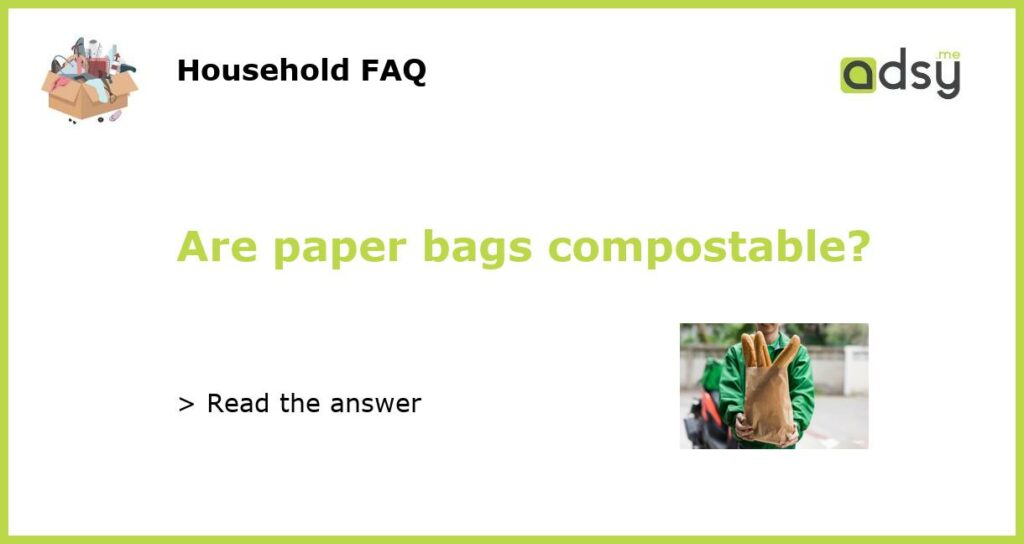What are compostable paper bags?
Compostable paper bags are a type of eco-friendly packaging option that are designed to break down naturally in composting environments. These bags are made from materials such as paper pulp or plant-based materials like cornstarch, which can be easily broken down by microorganisms in compost heaps or facilities. The composting process converts the bags into nutrient-rich compost that can be used to enrich soil and support plant growth.
Why choose compostable paper bags?
There are several reasons why you might choose compostable paper bags over other types of packaging:
1. Environmental benefits: Compostable paper bags are made from renewable resources and have a lower carbon footprint compared to traditional plastic bags. They reduce the amount of waste sent to landfills and help to reduce pollution and greenhouse gas emissions.
2. Compostable: These bags can be easily composted, returning valuable nutrients back to the soil. They break down into organic matter, which can then be used to nourish plants, gardens, and farms.
3. Biodegradable: Compostable paper bags break down into natural components over a relatively short period of time, typically within a few months to a year. This is in contrast to traditional plastic bags that can take hundreds of years to decompose.
4. Versatile: Compostable paper bags are available in a wide range of sizes and styles, making them suitable for various purposes such as grocery shopping, food packaging, and gift wrapping. They can be customized with branding or designs to align with your business values or personal preferences.
Are paper bags compostable?
Paper bags can be compostable depending on how they are manufactured and treated. Some paper bags are made from virgin paper pulp, which means they are not compostable because they contain chemicals and additives that hinder the composting process. However, there are also paper bags that are specifically labeled as compostable, indicating that they are made from compostable materials and are suitable for composting.
It is important to look for specific certifications or labels when choosing compostable paper bags. These certifications, such as the Compostable logo or the ASTM D6400 standard, ensure that the bags meet specific compostability criteria and are suitable for composting.
How to compost paper bags?
If you have compostable paper bags and want to compost them, follow these steps:
1. Check for certification: Make sure the paper bags you have are certified compostable. Look for labels or certifications such as the Compostable logo or ASTM D6400.
2. Remove any non-compostable elements: Before adding the paper bags to your compost pile or bin, remove any non-compostable elements such as handles or stickers.
3. Tear or shred into smaller pieces: To speed up the composting process, tear or shred the paper bags into smaller pieces. This will increase the surface area and allow microorganisms to break them down more easily.
4. Add to your compost pile or bin: Place the torn or shredded paper bags into your compost pile or bin. Mix them with other compostable materials such as food scraps, yard waste, or other organic matter.
5. Monitor and maintain: Monitor the moisture level and temperature of your compost pile or bin to ensure optimal conditions for decomposition. Turn or aerate the compost regularly to provide oxygen to the microorganisms.
6. Harvest the compost: After a suitable composting period, typically a few months to a year, your paper bags will have decomposed into nutrient-rich compost. You can then use it to enrich your soil, nourish plants, or topdress your lawn.
Compostable paper bags offer an eco-friendly alternative to traditional plastic bags. They are made from renewable resources, break down into natural components, and can be composted to create nutrient-rich soil. When choosing compostable paper bags, look for specific certifications or labels to ensure their compostability. By composting paper bags, you are taking a step towards reducing waste, supporting sustainable practices, and protecting the environment.






